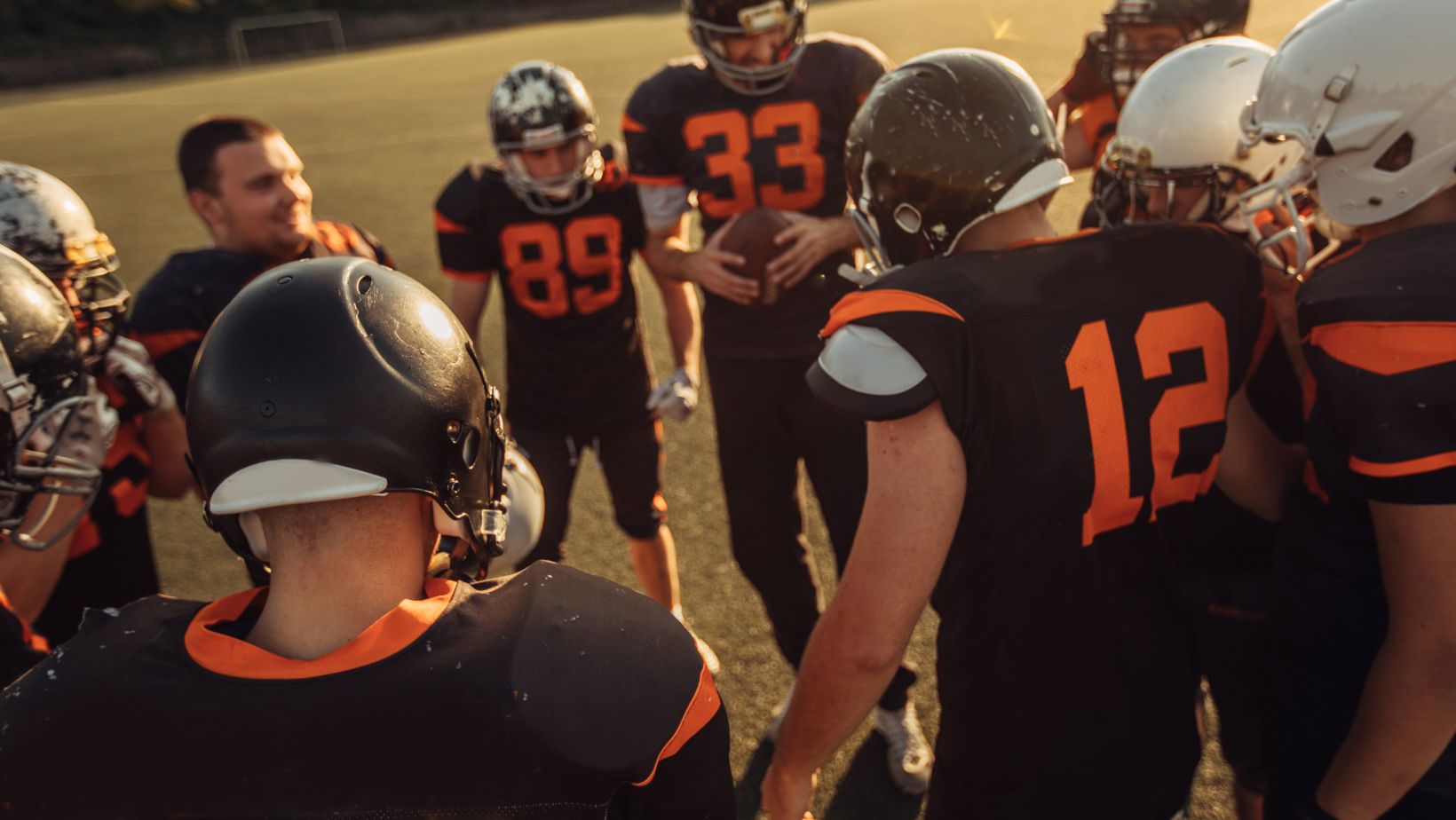Everyone knows the public loves betting on favorites. Big-name teams, star players, recent winners—these get the majority of betting action regardless of the actual odds. But after tracking my betting results for two years, I discovered that this obvious bias creates a hidden opportunity that most bettors completely miss.
The bias isn’t just “people bet favorites too much.” It’s more specific and profitable than that. The public systematically overvalues certain types of favorites while creating genuine value in corresponding underdogs. Here’s what I learned about exploiting crowd psychology in betting markets.
888 Bets MZ publishes public betting percentages on major sports—tracking their line movements and public money distribution revealed which underdogs consistently offer value when favorites attract 70%+ of betting action.
The Specific Bias That Creates Value
The public doesn’t just bet more favorites—they bet the wrong favorites for predictable psychological reasons.
Recency bias dominance: I tracked public betting percentages on NFL games for an entire season. Teams coming off impressive wins received 65-75% of public money, even when facing stronger opponents. The reverse was true for teams coming off ugly losses, regardless of underlying talent.
Market size bias: Large-market teams received disproportionate public support, regardless of their actual performance, creating a consistent underdog value in their opponents.
Why This Creates Mathematical Inefficiencies
Sportsbooks don’t set lines based on true probabilities—they set lines to balance action and minimize risk. When public bias pushes too much money toward specific favorites, books adjust lines to protect themselves.
The mechanism: If a team should be -3 favorites but 80% of public money is backing them, books move the line to -4 or -4.5 to encourage underdog betting. This line movement creates artificial value for underdogs who are now getting more points than they mathematically deserve.
The Psychology Behind the Bias
Understanding why this bias exists helps identify when it’s strongest and most exploitable.
Social proof effect: People bet on teams they can discuss with friends and coworkers. Betting on unknown players or small-market teams provides no social validation, so casual bettors avoid these options even when they offer value.
Narrative fallacy: Humans prefer simple stories over complex analysis. “The defending champions are motivated” is easier to understand than “the defending champions are dealing with regression to the mean and key player aging.”
Loss aversion in reverse: Casual bettors would rather lose money on a “respectable” favorite than win money on an “embarrassing” underdog. The social cost of being wrong on a favorite feels lower than being right on an unpopular team.
How to Identify Value Underdogs
Check public betting percentages: Most sportsbooks publish these numbers.

When favorites are attracting 70%+ of bets but the line hasn’t moved much, the book is artificially inflating underdog value.
Look for narrative disconnects: When media coverage focuses heavily on one team’s strengths while ignoring legitimate concerns, the opponent often offers value.
Track line movement: Lines that move toward favorites despite balanced or underdog-heavy sharp money indicate public bias inflation.
Monitor betting handle versus bet count: A favorite getting 60% of bets but only 45% of total money indicates sharp bettors are backing the underdog with larger wagers. This creates a profitable contrarian opportunity.
Check social media buzz: Teams trending on Twitter or generating heavy discussion typically attract casual betting action, inflating their lines and creating value in their opponents.
Personal system: I maintain a simple spreadsheet tracking public betting percentages, line movements, and results. Over the past two seasons, underdogs receiving less than 35% of public money have provided a 12% better return than expected based on their closing line value.
The Sustainability Question
This bias has persisted for decades because it’s rooted in human psychology, not a lack of information. As long as casual bettors prioritize entertainment and social validation over pure profit, value will continue appearing in unpopular underdogs.
The beauty of this bias: Unlike statistical inefficiencies that get corrected when discovered, psychological biases actually strengthen with more public participation. The more casual money enters the market, the more value appears in contrarian positions.
The key is recognizing that you are betting not against the sportsbooks but against crowd psychology. And crowds consistently make the same emotional mistakes regardless of how much information is available.
This contrarian betting approach applies beyond sports—online casinos new zealand players use similar crowd psychology principles when choosing less popular games with better RTPs over heavily marketed slots that attract casual players but offer lower mathematical value.




